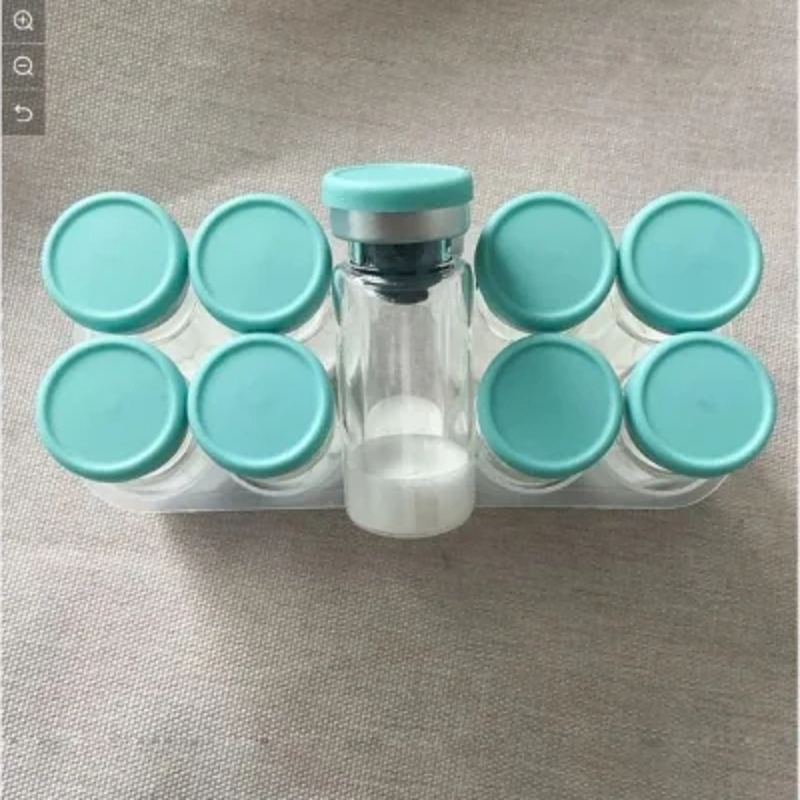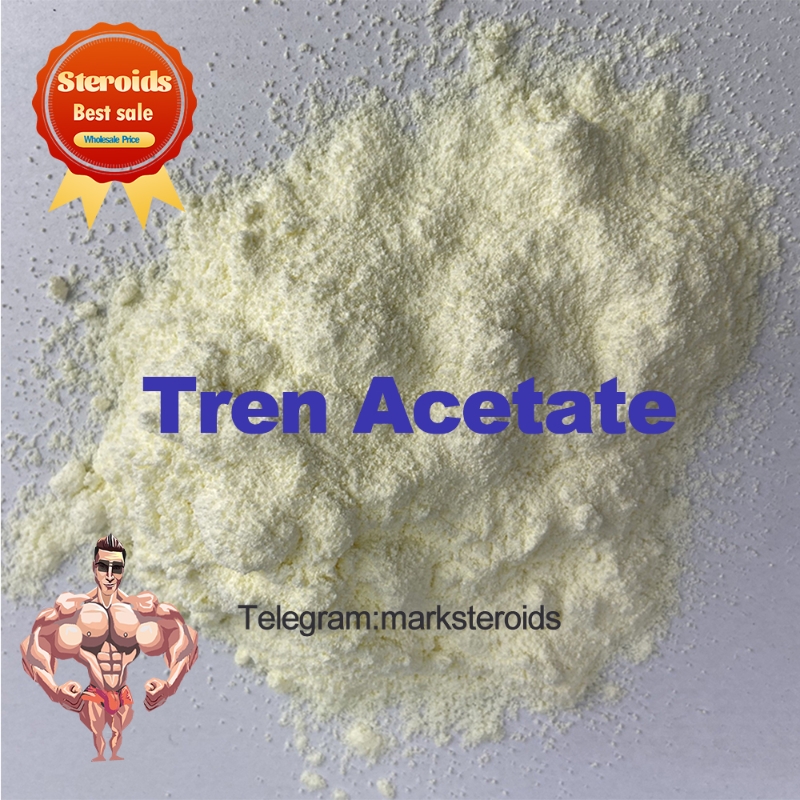-
Categories
-
Pharmaceutical Intermediates
-
Active Pharmaceutical Ingredients
-
Food Additives
- Industrial Coatings
- Agrochemicals
- Dyes and Pigments
- Surfactant
- Flavors and Fragrances
- Chemical Reagents
- Catalyst and Auxiliary
- Natural Products
- Inorganic Chemistry
-
Organic Chemistry
-
Biochemical Engineering
- Analytical Chemistry
-
Cosmetic Ingredient
- Water Treatment Chemical
-
Pharmaceutical Intermediates
Promotion
ECHEMI Mall
Wholesale
Weekly Price
Exhibition
News
-
Trade Service
Nylon 610 is a type of synthetic polymer that is widely used in the chemical industry.
It is a durable and versatile material that is used in a variety of applications, including clothing, carpets, and packaging materials.
The production process for nylon 610 involves several steps, including the synthesis of a precursor material, the polymerization of the precursor, and the processing of the resulting polymer.
The synthesis of the precursor material for nylon 610 is typically carried out through a chemical reaction known as polycondensation.
This reaction involves the condensation of a dibasic acid, such as adipic acid, with a diamine, such as hexamethylene diamine.
The resulting precursor material is a liquid that is then polymerized to form the final nylon 610 polymer.
The polymerization of the precursor material is carried out through a process known as polymerization.
This process involves the reaction of the precursor molecules to form long chains of nylon 610.
There are several different methods that can be used to polymerize nylon 610, including bulk polymerization, solution polymerization, and emulsion polymerization.
Bulk polymerization is a process in which the precursor material is dissolved in a solvent and then polymerized in a bulk liquid.
This process is typically carried out in a large reactor, and it can produce homogeneous polymer samples.
Solution polymerization is a process in which the precursor material is dissolved in a solvent and then polymerized in solution.
This process is typically carried out in a smaller reactor, and it can produce polymer samples with a narrower molecular weight distribution.
Emulsion polymerization is a process in which the precursor material is emulsified in water and then polymerized in an emulsion.
This process is typically carried out in a reactor equipped with agitation and heat transfer surfaces.
After the polymerization process is complete, the resulting nylon 610 polymer is processed further to make it suitable for use in various applications.
This can involve additional steps such as granulation, pelletization, and extrusion.
Granulation is a process in which the polymer is ground into small particles, which are then sintered to form granules.
This process is typically used to reduce the particle size of the polymer and to improve its flowability.
Pelletization is a process in which the polymer is formed into small, uniformly-sized pellets.
This process is typically used to improve the mechanical properties of the polymer and to facilitate its handling and storage.
Extrusion is a process in which the polymer is forced through a die to form a desired shape.
This process is typically used to produce products such as film, sheet, and tubing.
In conclusion, the production process for nylon 610 involves several steps, including the synthesis of a precursor material, the polymerization of the precursor, and the processing of the resulting polymer.
These steps are carried out in order to produce a durable and versatile material that is suitable for use in a variety of applications.







